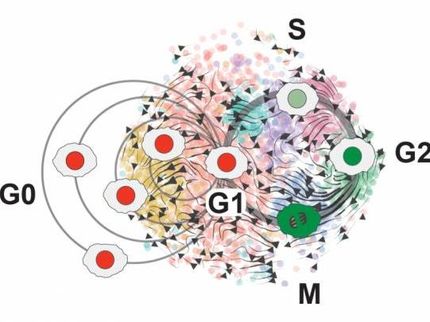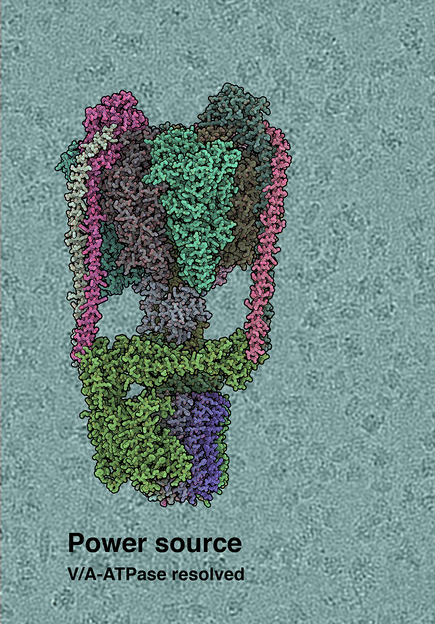Protein improves efficacy of tumor-killing enzyme
Scientists have devised a method for delivering tumor cell-killing enzymes in a way that protects the enzyme until it can do its work inside the cell. In their study in mBio®, researchers assembled microscopic protein packages that can deliver an enzyme called PEIII to the insides of cells. By attaching a protein called ubiquitin to the enzyme, they were able to protect it from degradation by the cell, allowing the enzyme to complete its mission. The results indicate that ubiquitin may be a useful addition to targeted toxins.
Although researchers have been developing tumor-directed "targeted toxins" for decades, their success has been hindered by technical problems, including inadequate tumor specificity, low efficiency of delivery to the interior of the cell (also called the cytosol), and other issues. In this study, researchers from the National Institute of Allergy and Infectious Diseases sought to improve the persistence of the enzyme in the cytosol.
They created bundles of proteins designed to carry this out. The targeted toxin assembly included two components the researchers have used before in targeted toxins: the "killing" enzyme PEIII, and a set of targeting proteins called LFn that deliver the PEIII enzyme via pores to the inside of the cell. The LFn delivery system was engineered to specifically target and attach to tumor cells.
The third component in the bundle was a new addition: ubiquitin, a small protein that is normally used by cells to target waste proteins for degradation. The researchers inserted ubiquitin in between the LFn and the PEIII, then tested the bundle on mice with tumors. The idea was to use the cell's own ubiquitin-cleaving enzymes to cut the ubiquitin off and free up the PEIII enzyme once it's inside the cell.
The system worked. Tumor growth was inhibited in mice treated with targeted toxins that either carried the wild-type ubiquitin or engineered ubiquitin without lysine residues in it, a change that should prevent it from being degraded by the cell. The addition of ubiquitin enhanced the ability of the PEIII enzyme to persist inside the cell thereby enhancing its potency. And the ubiquitin didn't seem to hinder the efficiency of delivering the PEIII inside the cell.
As an added bonus, the addition of ubiquitin reduced the toxicity of the targeted toxin to non-tumor tissues.
The authors point out that the use of ubiquitin linkers shows considerable promise and could be an effective strategy for enhancing the potency of tumor-targeting toxins for use in patients. In research currently underway, they are attempting to improve on the system by making changes to the ubiquitin that allow it to unfold appropriately inside the cell.
Most read news
Organizations
Other news from the department science

Get the life science industry in your inbox
By submitting this form you agree that LUMITOS AG will send you the newsletter(s) selected above by email. Your data will not be passed on to third parties. Your data will be stored and processed in accordance with our data protection regulations. LUMITOS may contact you by email for the purpose of advertising or market and opinion surveys. You can revoke your consent at any time without giving reasons to LUMITOS AG, Ernst-Augustin-Str. 2, 12489 Berlin, Germany or by e-mail at revoke@lumitos.com with effect for the future. In addition, each email contains a link to unsubscribe from the corresponding newsletter.





















































